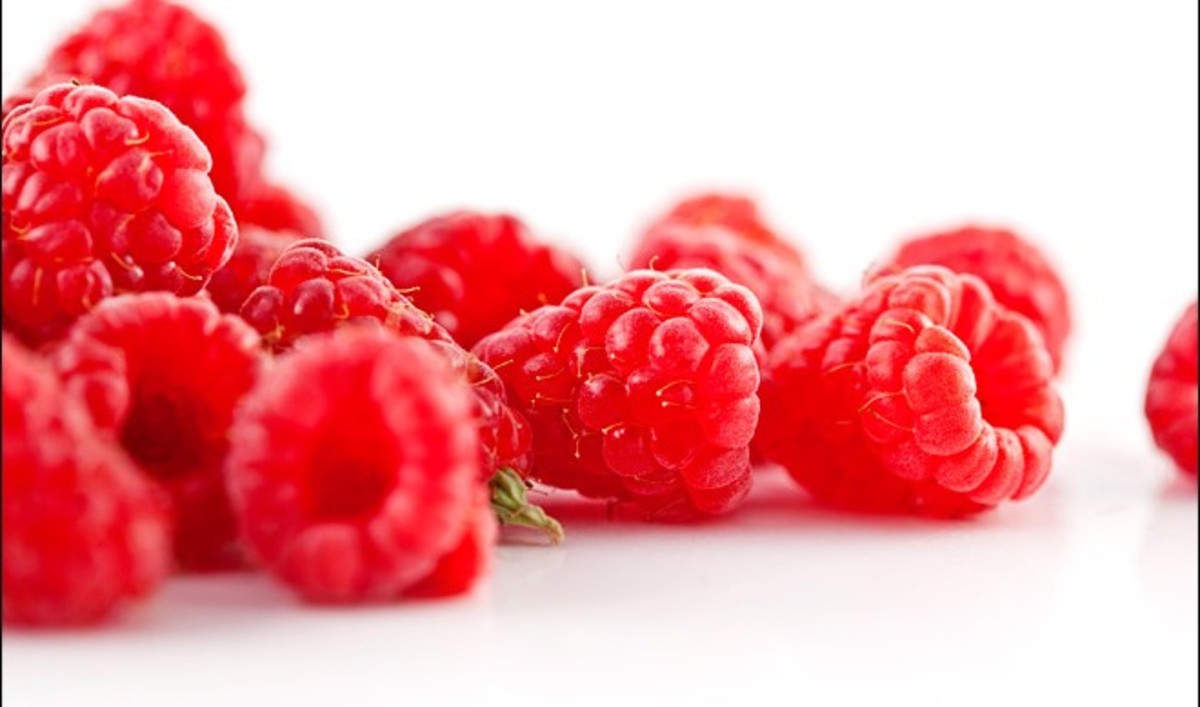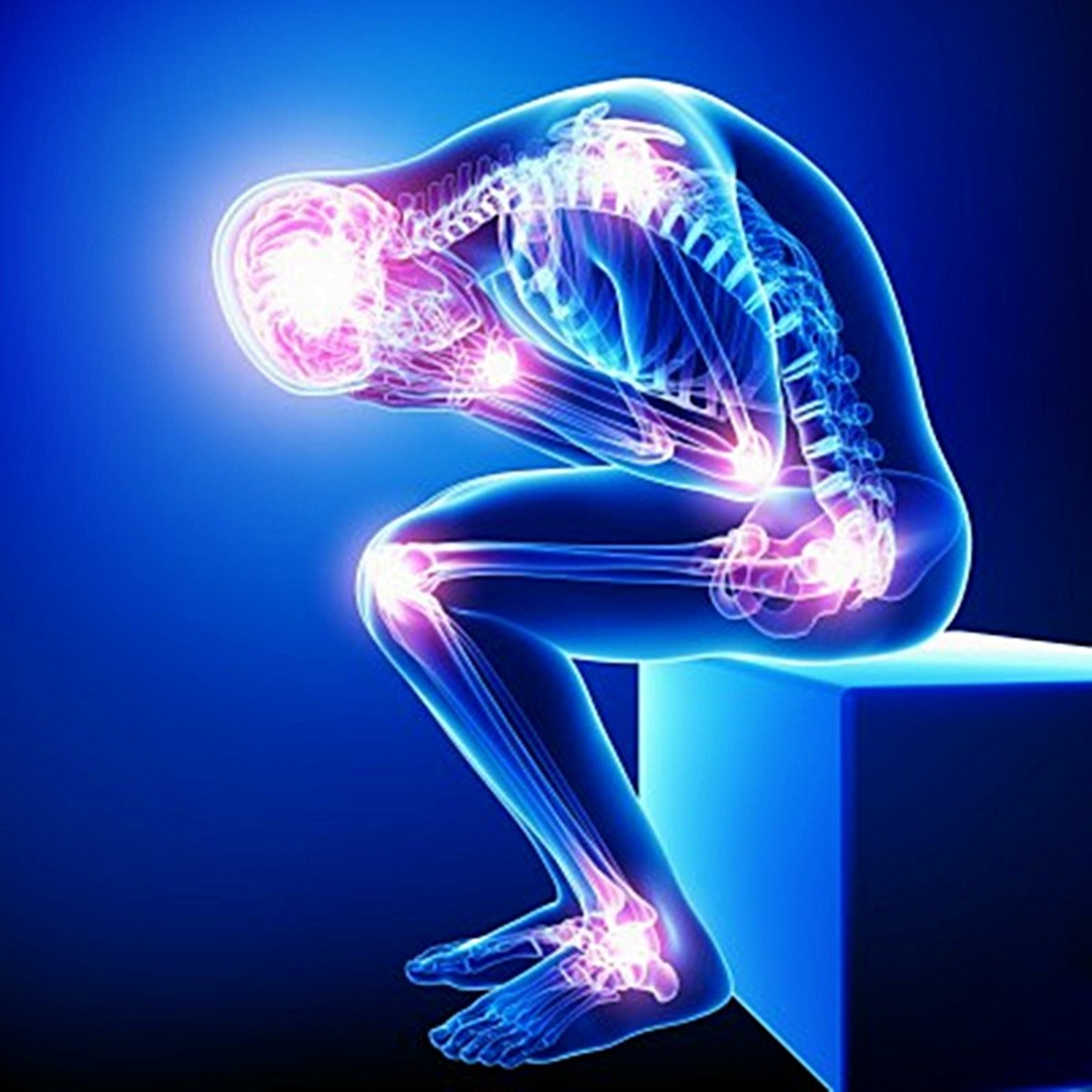Barbara Walters Resveratrol - Report
Barbara Walters talks about resveratrol
Resveratrol & Barbara Walters
You might have seen Barbara Walters in advertisements for resveratrol products, touting this natural substance's health benefits, and particularly its claims to lengthen your lifespan. Now Barbara Walters is not a doctor or scientist; she is an investigative reporter. Furthermore, she does endorse any particular product. From the video segment you see to your right, she simply reports what scientists have found about this naturally-occurring chemical.
What do we know about resveratrol:
- in animals, from single-celled yeast, up to fish and mice, resveratrol extended lifespans, up to 40%
- in studies in fish, resveratrol-fed fish were still reproducing when their counterparts without resveratrol had already died
- in studies in mice, resveratrol greatly increased athletic endurance, and it also prevented obese mice from afflictions like heart disease and diabetes, leading them to live as long as their lean counterparts
What about humans? We don't know. Resveratrol has only been studied for the past few decades, and humans, well, generally live quite a bit longer. However, resveratrol use has grown recently, and while he doesn't specifically endorse it, even Dr David Sinclair (interviewed by Barbara Walters in the video above), takes a resveratrol supplement daily.
Two more hubs on Resveratrol
- Resveratrol
Information about resveratrol, a naturally-occurring antioxidant in red wine. Research is demonstrating its ability to extend lifespan, counter the effects of obesity and Alzheimer's disease, and increase endurance. - Dr Oz and Resveratrol
Which resveratrol pill does Dr Oz recommend? NONE. Please read this important article and don't get swindled!
60 minutes feature on resveratrol, with Morley Safer
Is resveratrol available?
Yes, it is. You can find it in a number of food and herbal products, in small quantities, since it's present in plants that under fungal attack (resveratrol is a natural antifungal):
- grapes (1 cup red grapes = 1.25 mg resveratrol)
- peanuts (1 cup peanuts = 0.25 mg resveratrol; 1 cup boiled peanuts = 1.30 mg resveratrol)
- Japanese knotweed
- cranberries (trace amounts)
- mulberries (trace amounts)
- bilberries (trace amounts)
Because it exists in far higher concentrations in Japanese knotweed (an herb), most commercial preparations of resveratrol come from this.
About supplements: Sirtris Pharmaceuticals, the company profiled in Barbara Walter's story, was purchased by GlaxoSmithKline in 2008. (David Sinclair and Christoph Westfall are the representatives of this company that were interviewed for the story) The company was working on a form of a resveratrol-based product for prescription that would help diabetics and those suffering from heart disease. Naturally, we don't know what stage of development this product is in with GSK now.
A large host of companies market resveratrol products, but I must caution potential buyers to do their research.

What to look for in a resveratrol supplement
With the exception of RevGenetics, which I've found to be a reputable company, the other companies you are evaluating should be established, respected brands in the world of nutritional supplements. Sundown, Nature's Best, Now, and Jarrow are just 4 brands that have been around for decades, have a long safety record, and have a vested interest in maintaining their reputation by only selling quality product.
On the other hand, the growing press on resveratrol and its health benefits as they relate to longevity has created a cottage industry of scam artists and fly-by-night operations. If you visit a site and it looks and feels "spammy," then it probably is. Ads that show Barbara Walters or Dr Mehmet Oz endorsing a specific brand of resveratrol should also be avoided -- neither of them recommend a specific resveratrol product, even though Dr. Oz does recommend taking up to 500 mg a day of resveratrol.







